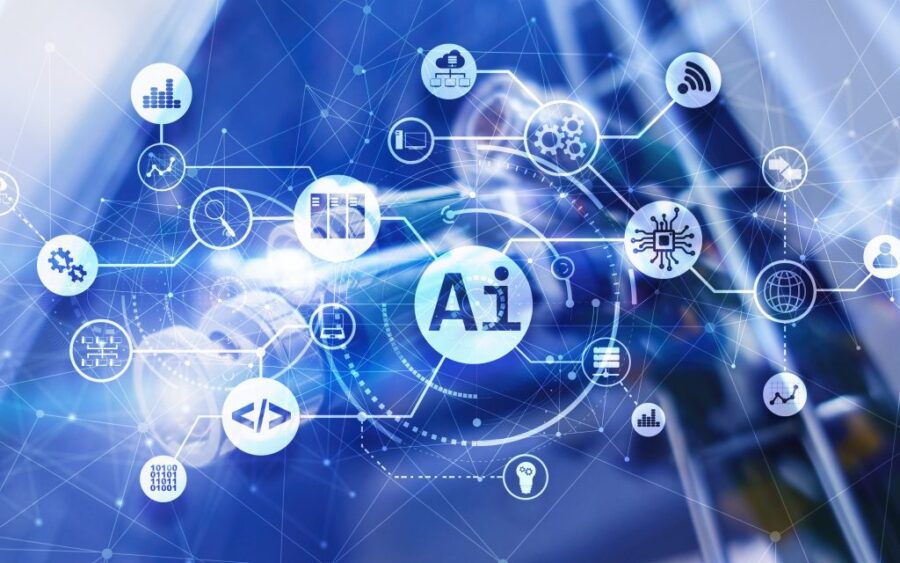Open-source artificial intelligence is at a major turning point, challenging the control of proprietary systems and changing the AI landscape. This week, two key events pushed open-source AI models into the spotlight, making advanced AI tools more accessible.
On Tuesday, Mark Zuckerberg from Meta announced Llama 3.1, saying it is now as advanced as the best systems from companies like OpenAI, Google, and Anthropic. The next day, a French AI lab called Mistral released Mistral Large 2, a model that competes with or surpasses the top systems, especially in handling multiple languages.
These back-to-back releases signify a major shift in the AI world. For years, tech giants have kept their most powerful AI models proprietary, citing concerns over safety, potential misuse, and competitive advantage.
The introduction of these advanced open-source models challenges this paradigm, sparking debates about equity, innovation, and the ethical implications of democratizing such transformative technology. Industry experts view these developments as a potential turning point in AI history, comparable to other pivotal technological revolutions.

The availability of frontier-level open-source models is expected to accelerate global AI development, potentially reshaping entire industries and altering the balance of power in the tech world.
This democratization of cutting-edge AI capabilities could usher in a new era of innovation and competition, with far-reaching consequences for businesses, researchers, and society at large.
Smaller companies and individual developers can now access sophisticated AI without the hefty costs or vendor lock-in associated with proprietary systems, potentially fueling unprecedented innovation as diverse global contributors build upon these tools.
However, the widespread availability of advanced AI raises new challenges. Organizations must differentiate themselves in a world where cutting-edge AI capabilities are becoming commoditized.
Business leaders and technical decision-makers need to develop strategies that leverage these open technologies while adding unique value.
The geopolitical implications are also significant, as the proliferation of open-source models could alter the global balance of power in technology. Countries and regions effectively harnessing these resources may gain significant advantages in AI development and application.
Despite the excitement, some urge caution regarding claims of parity with top proprietary models. The AI field is known for rapid advancements and shifting benchmarks, making “frontier-level” a moving target.
Additionally, raw model capability is only one factor in AI system effectiveness; data quality, fine-tuning, and application-specific optimizations are crucial for real-world performance.
The open sourcing of advanced AI intensifies debates about AI safety and ethics, as transparency can help identify and address biases but may also lower barriers for malicious actors.
Policymakers must adapt regulatory frameworks to keep pace with advancements while ensuring public safety and ethical use of AI. The future of AI is becoming more open, accessible, and participatory, and the pace of change is accelerating rapidly.
